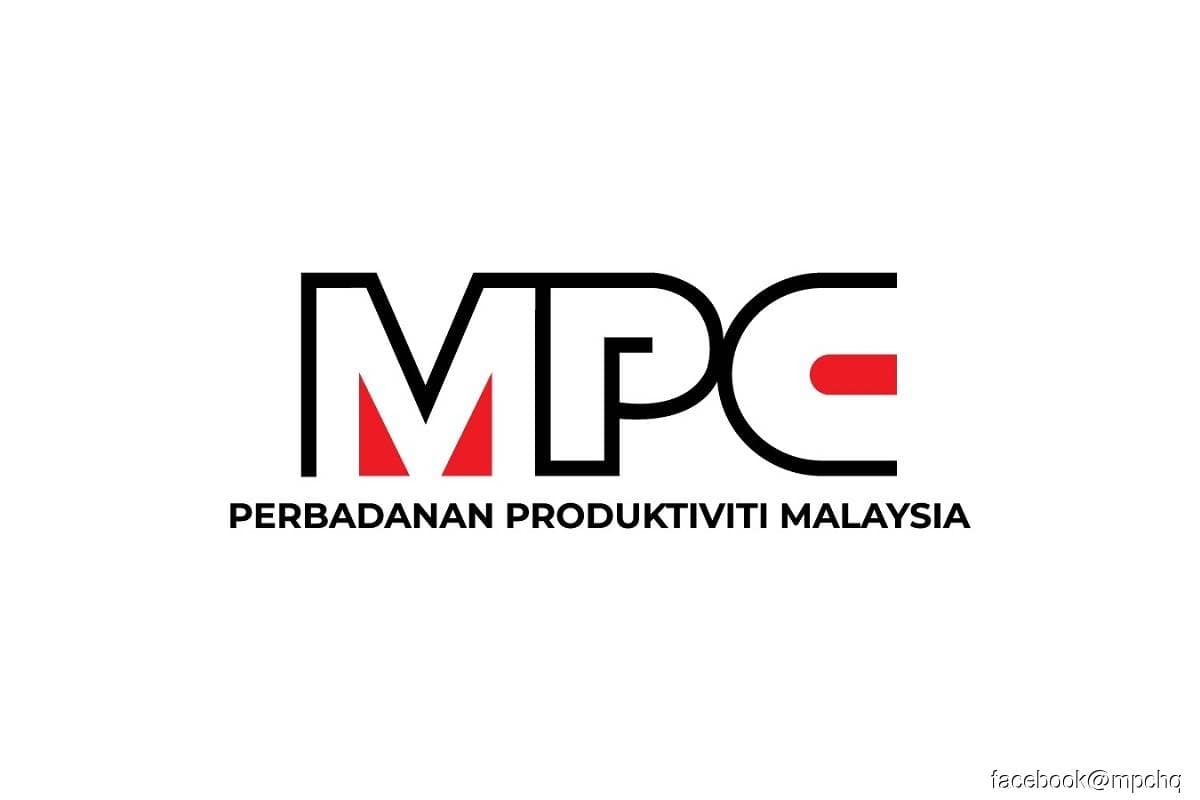
KUALA LUMPUR (Feb 3): Malaysia Productivity Corporation (MPC) is looking to introduce a wage system based on mutual wealth sharing between employers and employees. Besides boosting productivity, it is also regarded as a long-term solution to fair wages and higher compensation of employees (CE).
In a statement, MPC director general Datuk Abdul Latif Haji Abu Seman is urging employers to implement wage systems based on profit sharing and mutual wealth creation. This is expected to contribute to the 12th Malaysia Plan’s targets of achieving a 3.6% productivity growth and a 40% CE contribution to the economy.
He pointed out that the contribution of CE to Malaysia’s gross domestic product was low at 35.9% in 2019. CE includes salaries and wages, allowances, bonuses and commissions, in-kind payment to employees, free medical attention, free accommodation, free meals, and social contributions.
Hence, he stressed that Malaysia needs to catch up in CE as compared to developed economies such as Singapore (40.2%), Germany (59.4%), the UK (55.5%), and the US (53.7%).
According to Abdul Latif, the MPC plans to introduce a new model for wage determination based on profit-sharing, and the corporation has been engaging with relevant government bodies and industry representatives to gather input in developing the said model.
In 2020, the MPC introduced the e-Shared Prosperity Organisation (eSPO) Acknowledgement Certificate to recognise businesses that implement elements of a profit-sharing wage system through a productivity-linked wage system.
“To date, 43,975 companies have received the eSPO Acknowledgement Certificate. The services sector registered the most companies at 31,418. This year, the MPC aims to recognise 20,000 organisations through the eSPO Acknowledgement Certificate,” said Abdul Latif.
“Through eSPO, certified organisations gain a competitive advantage as employers of choice. The certificate is recognised by the MPC, the Ministry of International Trade and Industry, and the Ministry of Human Resources,” he added.
Since last year, MPC has included environmental, social and governance (ESG) principles in eSPO. Abdul Latif said this adds value to certified companies to be known as organisations that embed sustainable practices in their operations.